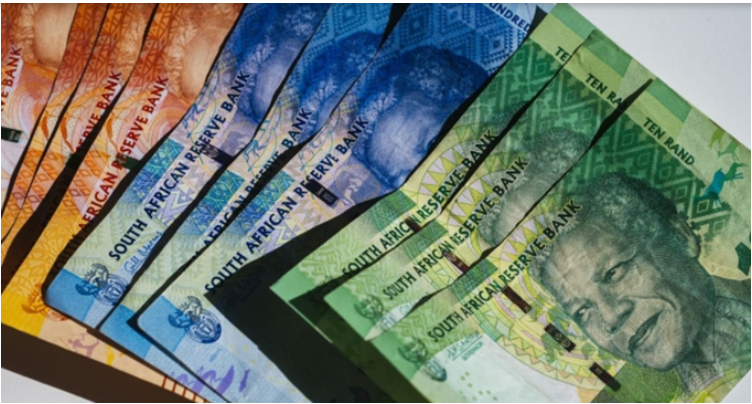
The South African rand faced renewed pressure on October 1, retreating after a two-week rally that had seen it strengthen amid improving investor sentiment. The decline is largely attributed to global factors, particularly the stronger U.S. dollar, as well as concerns about South Africa’s ongoing economic challenges.
A key factor driving the rand’s recent pullback is the robust performance of the U.S. dollar. Hawkish comments from U.S. Federal Reserve Chair Jerome Powell, signaling a continued aggressive approach to controlling inflation, have dashed hopes of imminent interest rate cuts in the U.S. This has led to a surge in the U.S. dollar, as investors recalibrate their expectations for the U.S. economy.
Emerging market currencies like the South African rand are typically sensitive to fluctuations in the U.S. dollar. When the dollar strengthens, these currencies often weaken as investors move capital into safer, higher-yielding U.S. assets. The U.S. dollar’s rise has therefore exerted downward pressure on the rand, reversing some of its recent gains.
On the domestic front, the South African economy continues to grapple with longstanding structural issues, including high levels of unemployment, slow economic growth, and power supply constraints. While recent investor sentiment was bolstered by positive signals from the government regarding economic reforms, these initiatives have not yet materialized into substantial improvements in the broader economy.
 The two-week rally leading into October was largely driven by optimism surrounding South Africa’s fiscal policies and reform agenda. President Cyril Ramaphosa’s administration has emphasized the need for structural changes, including investment in infrastructure, improvements in governance at state-owned enterprises, and strategies to reduce the country’s budget deficit. These efforts helped lift investor sentiment, leading to increased demand for the rand.
The two-week rally leading into October was largely driven by optimism surrounding South Africa’s fiscal policies and reform agenda. President Cyril Ramaphosa’s administration has emphasized the need for structural changes, including investment in infrastructure, improvements in governance at state-owned enterprises, and strategies to reduce the country’s budget deficit. These efforts helped lift investor sentiment, leading to increased demand for the rand.
However, the fragile state of the country’s economy continues to weigh on the currency. The South African Reserve Bank (SARB) has maintained a cautious stance, keeping interest rates relatively high to control inflation, but this has come at the cost of stifling economic growth. Load shedding, driven by ongoing issues at the state power utility Eskom, also continues to undermine confidence in South Africa’s economic prospects, affecting both local businesses and foreign investors.
South Africa’s heavy reliance on commodity exports, including gold, platinum, and other metals, means that fluctuations in global commodity prices can have a significant impact on the rand. While commodity prices have shown some stability, any volatility in these markets driven by global demand and geopolitical tensions could further affect the currency’s performance.
Additionally, South Africa’s trade balance has remained a mixed factor. On one hand, the country’s large export base helps support the rand, especially when demand for its resources remains strong. On the other hand, rising import costs due to the stronger U.S. dollar could widen the trade deficit, putting more pressure on the currency.
Looking ahead, the future trajectory of the rand will depend on both global and domestic factors. Globally, any further strengthening of the U.S. dollar, particularly if the Federal Reserve continues to adopt a hawkish stance, could exert more downward pressure on the rand. At the same time, global commodity prices and geopolitical risks—such as tensions in the Middle East—will continue to influence the currency.
Ennywealth


